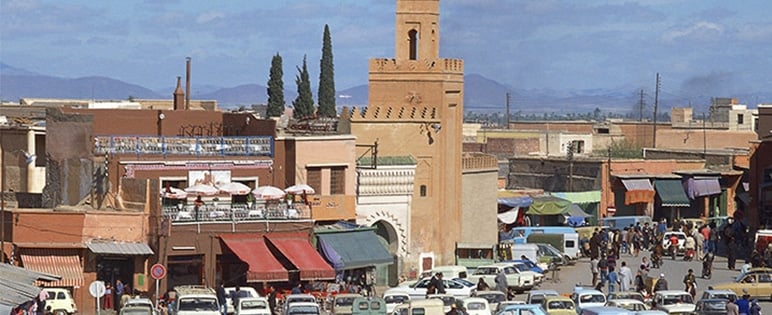Politics of Global Development
This course examines the field of international development, focusing on the history, theory, and current approaches toward alleviating poverty and global inequality. Students will focus especially on the impacts of development strategies on the environment and on the most vulnerable members of society. The course emphasizes critical analysis of the central assumptions and power relations that have influenced the field as well as the resulting discourses, policies, programs, and political arrangements.
In the course, students will explore what development means, how to measure it, and how to understand attempts to balance among economic, ecological, and equity concerns. They will engage the key propositions that emerge in contemporary international development debates and offer frameworks for evaluating theories, interventions, and policies. The course offers a foundation for uncovering and assessing social structures, institutions, inequalities, and development policies as theories meet practice.



